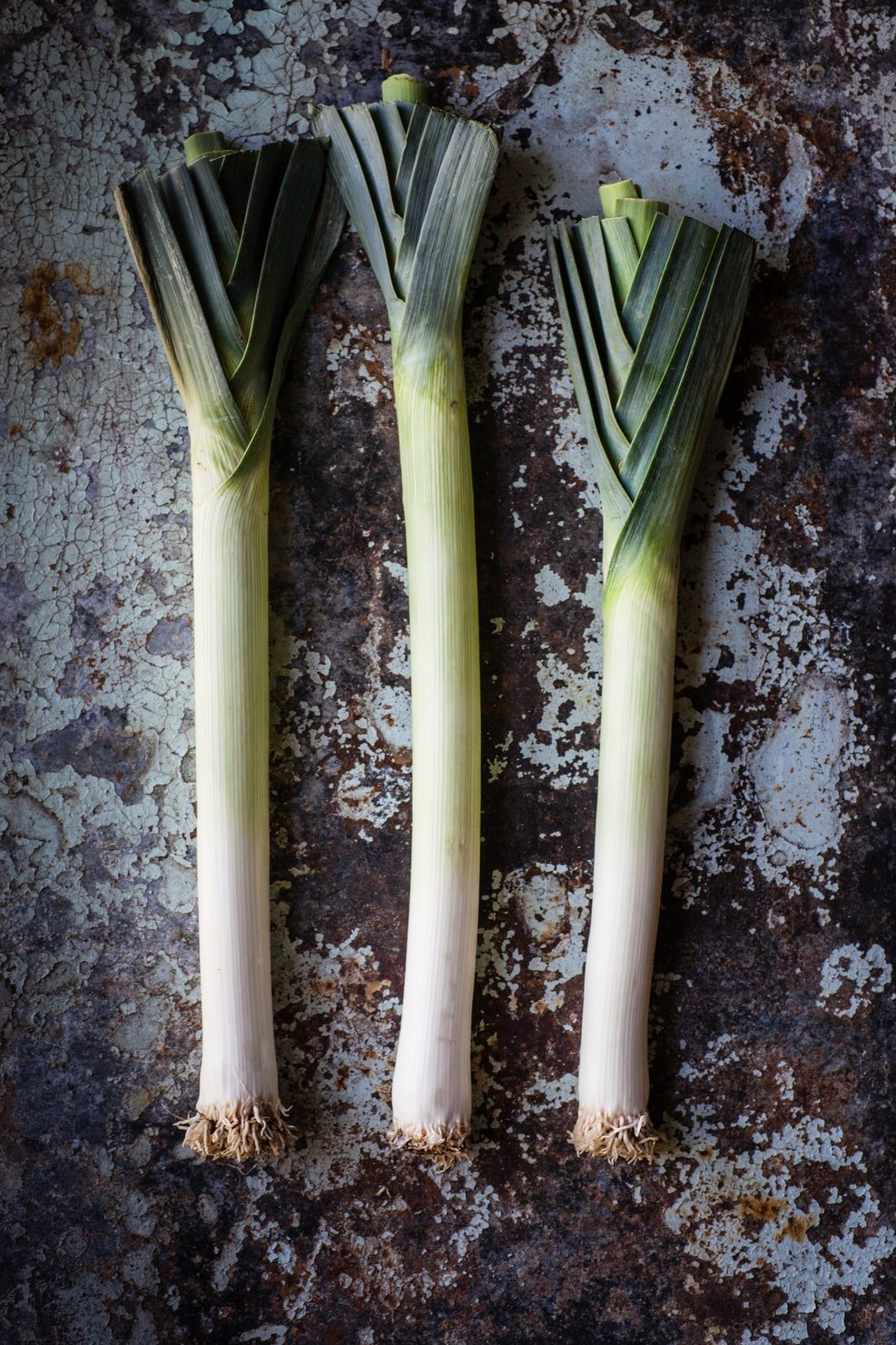Prebiotics: What They Are & Why You Need Them
If you've never heard of prebiotics before, they're a key part of keeping our gut microbiome healthy and thriving. They're different than probiotics, but just as important! Together with probiotics, they help regulate immune function, support a healthy digestive system, keep inflammation in check, regulate hormones, support healthy cholesterol levels, aid weight loss, detoxification and so much more.
What Are Prebiotics?
While probiotics are the good bacteria we need for a thriving microbiome, prebiotics are what FEED those good bacteria. They help keep our good gut bugs fuelled and able to do their numerous jobs. They do this through by-passing the upper digestive tract without being fully broken down and serve as fuel for our gut bacteria in the large intestine, where they are fermented. Prebiotics come from fibre-rich foods and they can also come from supplements.
Why Do You Need Prebiotics?
Only with adequate prebiotic intake can our gut bacteria thrive. Our gut flora helps both synthesize and breakdown nutrients, degrade toxins to be eliminated and produce short-chain fatty acids (SCFAs) which help protect and reinforce the cells in the gut lining. Prebiotics help with all of these things while promoting healthy bowel function and the elimination of waste. Additionally, fibre is important for lowering LDL cholesterol, cardiovascular health, weight loss, preventing colon cancer and detoxification.
The Best Sources of Prebiotics:
There are many sources of prebiotics and the best way to get them is through foods! While all vegetables will help feed your gut bacteria, here are some of the best sources:
Asparagus
Onions
Garlic
Jeruselum artichoke
Inulin
Acacia gum
Raw dandelion greens
Raw leeks
Raw jicama
Raw chicory root
Underripe bananas
Additional foods that will help support good bacteria include: sweet potatoes, brussels sprouts, broccoli, apples with skins, raw honey, psyllium husk, and of course probiotic/fermented foods! Apple cider vinegar may also help promote the affects of prebiotics.
When Should You Introduce Prebiotics & Why? The Stages of Gut Healing
If you’ve ever decided to do a complete 180 in your diet and went all out on veggies foods only to be met with bloat, heartburn, constipation, diarrhea or abdominal pain, you may have gone too hard, too fast.
There are generally 5 different stages to a gut-healing protocol. Before jumping to prebiotics or loading up on fibre, first we need to work on removing the things that are causing stress in our bodies. This includes pathogens, overgrown bacteria and candida, unhealthy foods, your specific food intolerances (which we can test through a Food Intolerance Panel), toxins and excess stress.
Then we work on replacing the things that are missing, including enzymes, acids and nutrients. In the 3rd stage is when we reinoculate with both probiotics and prebiotics. Lastly, we finish off with nutrients to help repair and rebalance the gut microbiome.
If you start introducing prebiotics too soon, you may experience worsening digestive symptoms or other flare ups, depending on the specific issues you’re dealing with. Especially if you’re dealing with digestive problems like SIBO (small intestinal bacterial overgrowth), which is the main cause of IBS or candida, adding in lots of fibre-rich prebiotic foods may be too hard on your system to handle. It’s best to work in the correct order and support your gut with proper supplementation, then slowly introduce prebiotic foods and fibre when your gut is ready for it.
Do you have any questions about how we can help you restore your gut health? Leave them below or email us to get started on your personalized gut-healing protocol.
Asher Kleiber
Registered Holistic Nutritionist™





